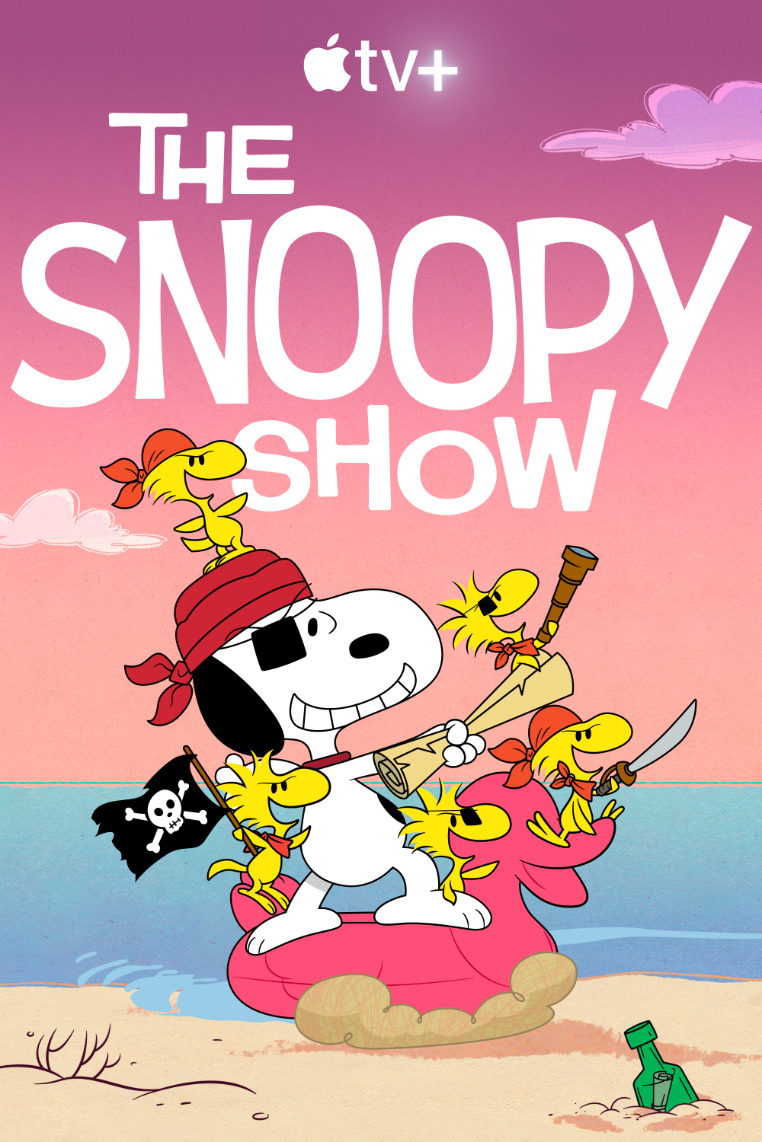 How We’ve Become ‘Chained to Exaggeration’
How We’ve Become ‘Chained to Exaggeration’
By Movieguide® Contributor
Medical influencer Dr. Noc is sharing the sinister side of social media, and how content creators are forced to play along.
“The most important thing is constant entertainment, never lingering for more than a few seconds on any image or any thought,” Dr. Noc — real name: Morgan McSweeney — said in a recent Instagram video.
McSweeney has a PhD in pharmaceutical sciences and immunology and began posting videos online to help clear up medical myths and misinformation.
He continued, “Nuance and complex discussion should be avoided. You must keep everything brief. The digital age favors brevity, hyperbole, and dramatic video sequences with fast edits to keep your attention right here. But in a landscape where even a moment’s lingering is frowned on, how do we ensure meaningful exchange of ideas?”
Related: 5 Signs You’re Addicted to Social Media and How to Fight It
McSweeney explained that “constant amusement” is the main goal of social media, as “deep dialogue and shades of thought are pushed aside.”
“Content creators are chained to exaggeration and emotionally charged themes that are as easy to consume as possible,” he said, adding that influencers have to use hyperbolic language in order to ensure views.
“Starting off a video by saying, ‘There are the top 3 things the pharmaceutical industry does NOT want you to know’ will always perform better than a video where you say you’re going to talk about vegetables,” McSweeney said. “This can lead to a skewed representation of reality on our feed.”
He concluded, “We joke about our collectively decreasing attention span, but the convenience of having escapism and distraction always being just one swipe away poses a stark threat to our authentic engagement with challenging issues.”
McSweeney isn’t the only one who is warning others about the damage social media is doing to our attention spans.
A study conducted by King’s College London’s Centre for Attention found that “49% of adults surveyed felt that their attention span was shorter than it used to be, and a similar number (47%) agreed that ‘deep thinking’ was a thing of the past.”
Dr. Gloria Mark, a professor of informatics at the University of California, reported on this phenomenon in her book “Attention Span: A Groundbreaking Way to Restore Balance, Happiness, and Productivity.”
“In 2004, we measured the average attention on a screen to be 2½ minutes,” Mark told CNN. “In 2011, we found attention spans to be about 75 seconds. Now we find people can only pay attention to one screen for an average of 47 seconds.”
McSweeney spoke to MedPage Today about how he got into social media influencing, explaining “My background is in science, lab science, immunology, pharmaceutical sciences. Not much experience in social media or, you know, media at all. And so it was a lot of trying things out.”
“You have to keep putting out content. Don’t be afraid of failing, because it’s going to happen the vast majority of the time, at least in my case,” he joked.
McSweeney continued, “I don’t try to keep it 100% like I’m presenting at a medical research conference, because that’s not what people want to see. It’s a careful balance between education and entertainment.”
Questions or comments? Please write to us here.


 - Content:
- Content: 

